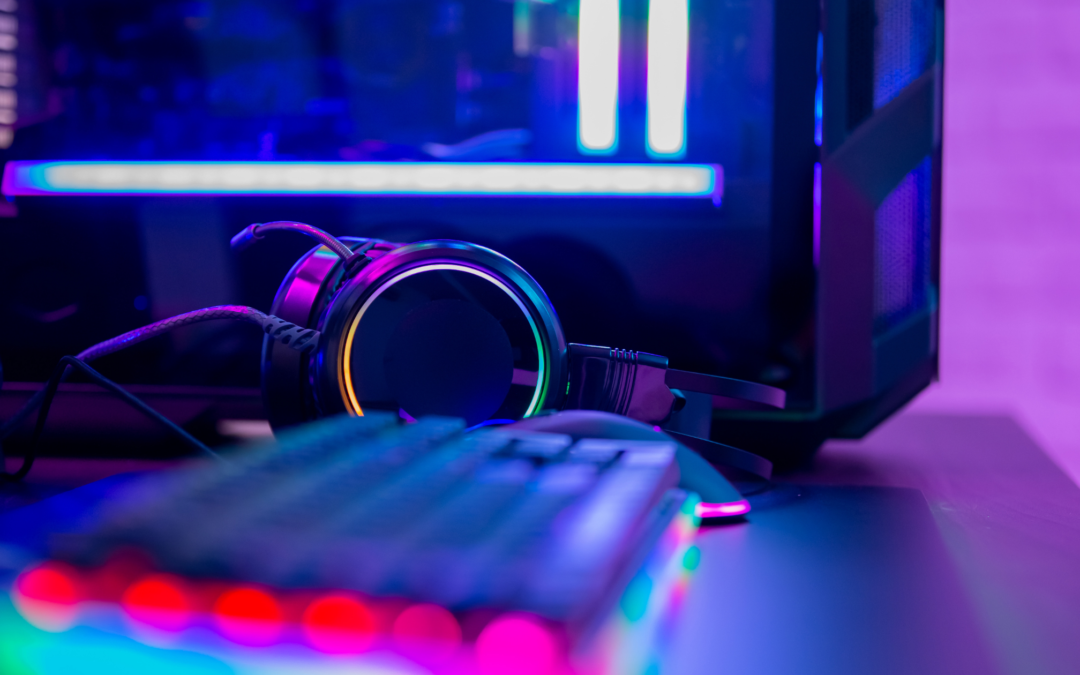AI and machine learning are making a positive impact on today’s over $1 billion eSports market. Over the past decade, scientists have greatly improved AI’s language processing abilities, big data and overall strategy to drastically advance gaming. The innovation has offered better player-athlete performance, game design, and a new approach to gaming theory.
In many ways (and similar markets), AI is helping to democratize the eSports market so that players can harness its many advantages.
Optimizing the Gaming Experience
In today’s eSports market, many people aspire to become professional gamers, competing for upwards of six- to seven-figure salaries offered through tournament prizes, some of which can get them to stardom. Now eSports analytics companies like SenpAI are making it easier for players. These digital platforms offer AI-powered coaching that can assess player statistics. They can even assist in better strategies in games like League of Legends. The game, which is played by two teams, must defend their base. AI applications now offer automated coaches team members on how to maneuver challenges, including what attacks and defenses they should use. They also show alternative approaches to increase or decrease the chances of winning the game.
Today, developers have trained AI to learn specific games. With Omnicoach, gamers who play Overwatch are provided with helpful tips and tools on how to improve their character’s mobility, what weapons to use and secure positions against enemy avatars that possess unique combat fighting. At the same time, Elite gamers that are backed by global companies can adopt AI-generated gameplans that can improve tactical skills and offer them a competitive edge. In other eSports games, AI coaches can teach players to hide behind favorable locations near buildings or bridges to better attack opponents. AI brings analytical power that boosts the experience of recreational games, but it’s also invaluable to pros who are banking on churning a profit during eSports.
A Winning Game Plan
Artificial intelligence is also helping to build winning strategies. DeepMind, a London-based company, uses machine learning to advise on improved ways to beat old school games or other classic staples at the arcade or movie theater. Raia Hadsell of DeepMind said that AI can not only help solve games, but it can also improve the game’s design. They act as an ultimate test lab for AI because it helps people observe the experience and remember that gaming performance is not subjective. Today, some AI programs can even calculate in-game maneuvers in milliseconds.
Moreover, these new advancements are disrupting gaming’s natural business model and giving rise to eSports. Controversial AI assistants can also help consumers navigate through thousands of game titles and they can also help find games that match individual consumer preferences. Soon, gamers merely have to speak into their phone and ask their avatar what video games are on sale, which best-selling games are martial-arts related or other questions that save time and money.
Often, consumers want a natural interaction as they shop online that’s similar to in-store shopping. Many people want AI to recommend products instead of consumers finding them while taking time to navigate through a maze of titles.
AI also captures market share in the eSports market by creating game designs that improve players’ interest and engagement in the game. For example, an algorithm can be trained to find the best in-game features to help developers redesign their products.
The eSports gaming model is almost more convenient for gamers as it utilizes mobile and social media platforms. Online chatbots like Facebook Messenger can now deliver high-quality AI experiences. Facebook can also identify past interactions and behavior with AI algorithms to generate ideas on what a person may want next in their gaming experience, and lead to experiences that resonate with the user. Machine learning algorithms are suited for customized games based on user preferences. As AI agents can learn to guess exactly what users may purchase, it can reduce financial risks for game developers and consumers.
What’s more, multi-modal AI tools that combine face recognition, voice assistants and a display screen can offer a supremely immersive experience that helps consumers become part of any eSport event as both a participant and onlooker. AI allows virtually anyone to get on board with eSports at any time, and is opening up a whole new world to those who can’t get together in-person during the pandemic. At the end of the day, AI is the winning solution for the eSports sector to gain popularity and build engaging, enterprising experiences that will keep the industry relevant for years to come.

